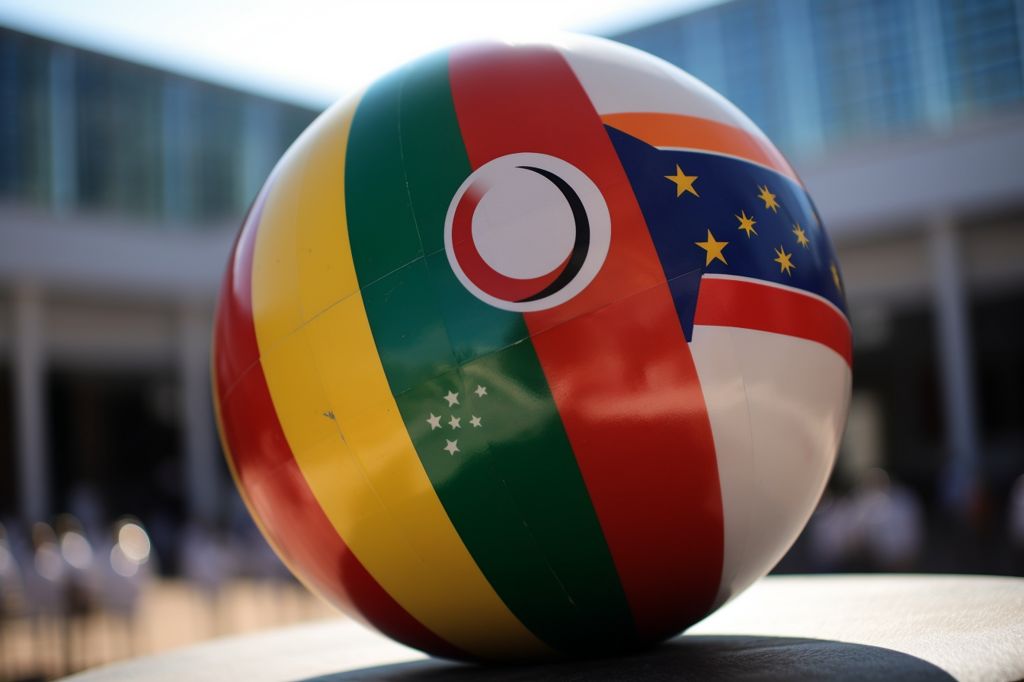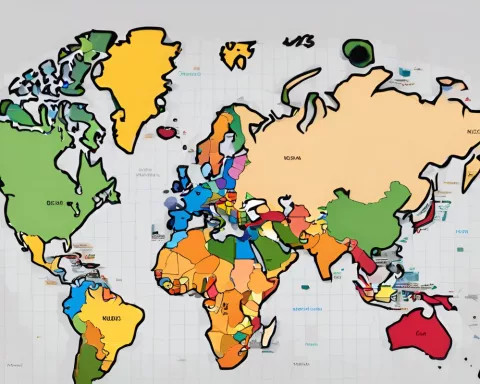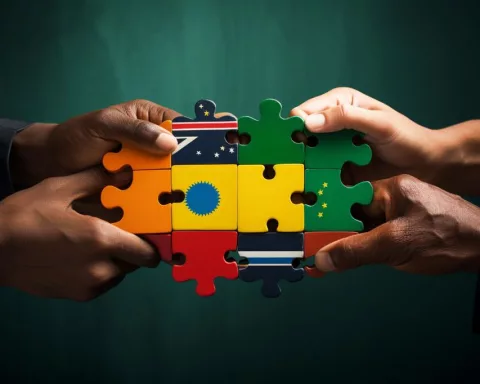The Department of International Relations and Cooperation has taken a crucial step in ensuring the smooth functioning of the upcoming BRICS conferences in South Africa. In a notice published on May 29, 2023, the government gazette outlined the Diplomatic Immunities and Privileges that will be conferred for the duration of these conferences.
Standard Procedure for All International Conferences
It’s worth noting that this conferment of immunities is a standard procedure for all international conferences and summits held in South Africa. These immunities are not for specific individuals but are designed to protect the conference and its attendees from the jurisdiction of the host country during the conference.
Protecting Attendees
The immunities granted come with the understanding that they do not override any warrant issued by an international tribunal against any attendee of the conference. This caveat ensures that the immunities do not inadvertently provide a safe haven for individuals who may be sought for legitimate reasons by international tribunals.
Protecting Attendees
Importance of BRICS Conferences
Importance of BRICS Conferences
Facilitating Collaboration and Dialogue
As the BRICS countries continue to play an increasingly significant role in global affairs, events such as these are vital for facilitating collaboration and dialogue. South Africa’s actions in granting diplomatic immunities and privileges for these conferences are a crucial component in fostering an environment that will allow for the successful realization of the BRICS nations’ shared goals.
Maintaining a Balance
It’s essential to note that while these immunities are in place to protect conference attendees and ensure the smooth running of the events, they do not absolve individuals from their responsibility in adhering to international law. The stipulation that immunities do not override existing warrants from international tribunals demonstrates South Africa’s commitment to maintaining a balance between promoting diplomatic dialogue and upholding the principles of justice and accountability.
The Department of International Relations and Cooperation’s notice on Diplomatic Immunities and Privileges for the upcoming BRICS conferences is an essential step in ensuring the successful organization and execution of these critical events. By providing a secure environment for open and honest discussion, South Africa is enabling the BRICS nations to work together in addressing some of the most pressing challenges facing the world today.












